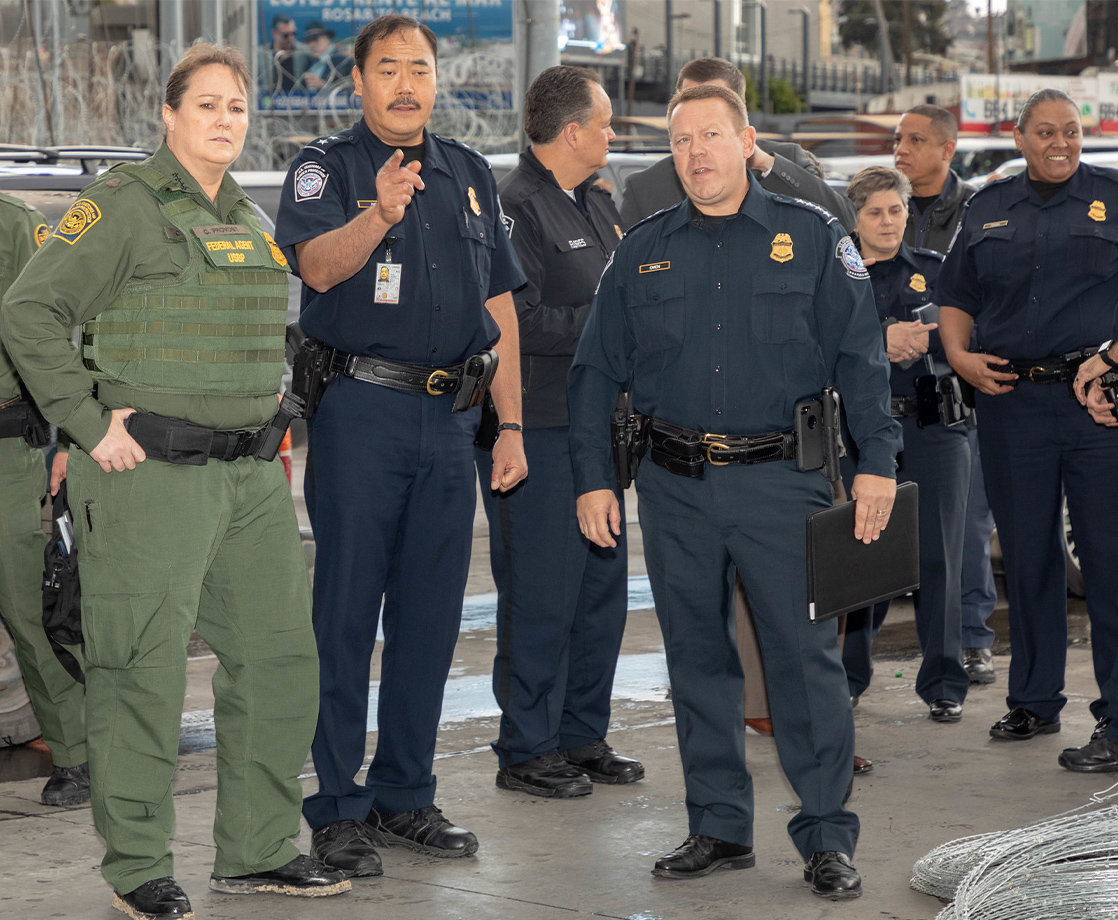Photo via
Immigration activists in Illinois held a rally in downtown Chicago this week to bring attention to one of cannabis legalization’s often overlooked underbellies — strict federal penalties for non-citizen marijuana users.
Since cannabis remains illegal on the federal level, state-specific legalization has created a loophole that allows federal immigration authorities to punish non-citizen residents for cannabis crimes that are completely legal under state law. If non-citizen residents are found by federal authorities to have used cannabis or even worked in the legal industry, they can be subject to losing their green card, have their residency status revoked, and even face deportation.
And with Illinois preparing to kick off adult-use legal weed sales in less than 30 days, local advocates are doing their best to provide information to vulnerable communities.
“Unfortunately, a lot of people don’t know about these consequences,” Mony Ruiz-Velasco, executive director of PASO West Suburban Action Project, an immigrant resources social justice organization, told the Chicago Tribune. “Just admitting use makes you a potential target for deportation. So you don’t have to have a criminal arrest or conviction, you just have to admit to use.”
Across the legal weed landscape, immigration attorneys say that Immigration and Customs Enforcement (ICE) and US Customs and Border Protection (CBP) officers happily ignore state laws to pursue punishment against non-citizen immigrants.
“Even though the state legalizes it, under federal law, the immigration consequences of drug use [are]… extremely harsh,” Denver-based attorney Aaron Hall told the Tribune. “So we’ve seen people who purchase marijuana at the dispensary in good faith and later come back and it leads to the denial of permanent residency.”
Unfortunately, until cannabis legalization reaches the federal level, immigration authorities have no plans to budge on their current hardline stance. In a statement to the Tribune, CBP officials said that state-level marijuana legalization has no bearing on their immigration enforcement.
“Although medical and recreational marijuana may be legal in some US states and Canada, the sale, possession, production, and distribution of marijuana, or the facilitation of the aforementioned, remain illegal under US Federal Law,” the agency stated. “Consequently, crossing the border or arriving at a US port of entry in violation of this law may result in denied admission, seizure, fines, and apprehension.”
To combat the unwavering federal strictness, immigration advocates say that their best course of action is to inform, educate, and fight for a nationwide legalization law that will once and for all end the persecution of cannabis users.
“It’s a whole community of color who is exiled from this really big financial development,” Kathy Brady, a senior staff attorney with the San Francisco-based Immigrant Legal Resource Center, told the Tribune. “The way to cure it is to take it off the federal schedule [of controlled substances], but that is probably a little ways away.”
Follow Zach Harris on Twitter











